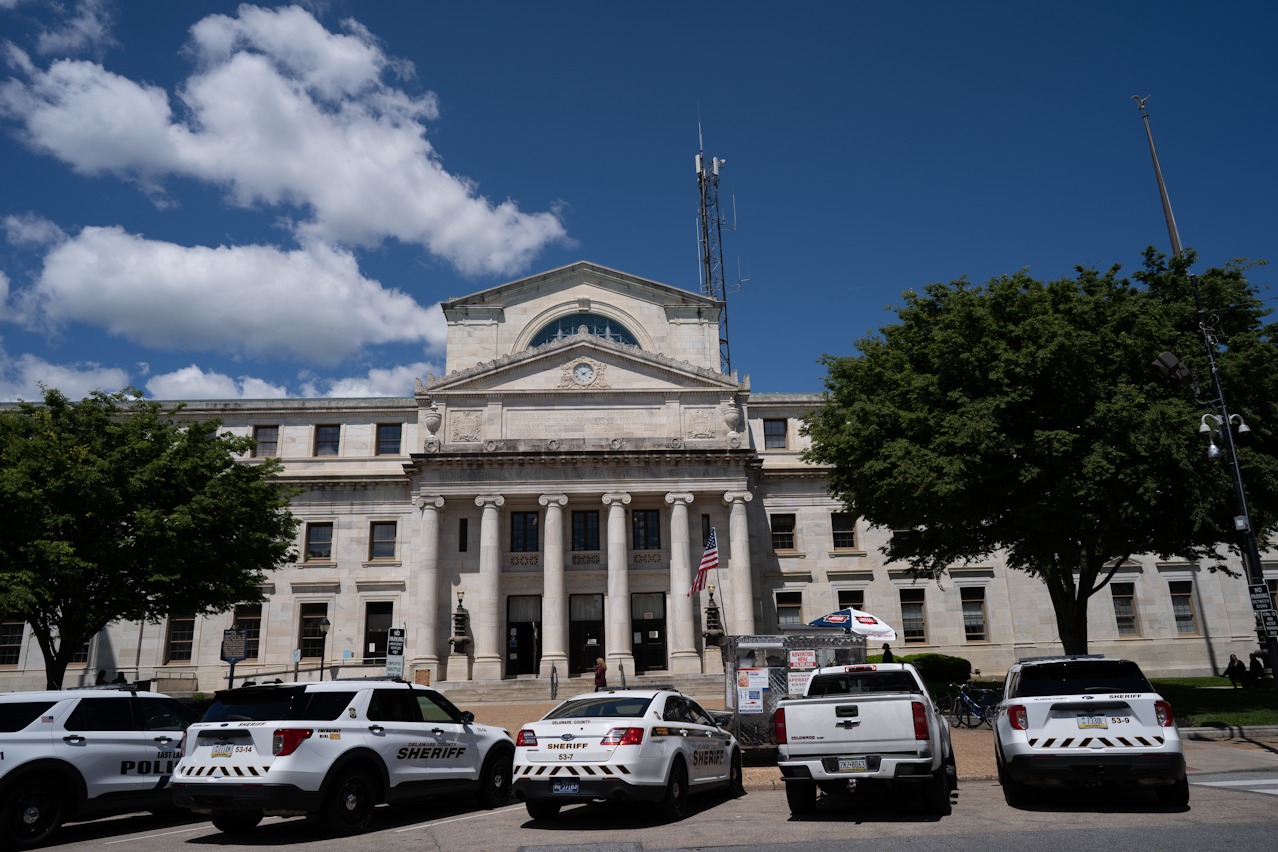BRANDON: Chester Water Authority: A Public Trust Under Siege

As chairperson of the Chester Water Authority (CWA) and a concerned ratepayer, I must sound the alarm about the recent Federal Bankruptcy court filing of a Plan of Adjustment by Chester’s Receiver, Michael Doweary. This plan, which purports to start a process to “monetize” our water assets by dissolving the CWA, is not only detrimental to our 40,000+ ratepayers and the businesses that depend on our water for their vital operations; it’s an existential threat to a critical and cherished public institution that has served our community for generations.
For over eight decades, CWA has been a model of efficiency and public service, providing high-quality, affordable water to more than 200,000 people across 37 municipalities in Delaware and Chester counties. Our success is no accident – it’s the result of dedicated employees, competent leadership, and an unwavering commitment to public service over profit. When asked about our low rates, the answer is simple: we charge only what it costs to produce our award-winning water and nothing more.
Today, CWA stands on the brink of destruction with our ratepayers becoming part of the collateral damage. The Receiver’s plan could lead to water bills rapidly doubling or tripling, effectively imposing a massive water tax on residents and businesses across Chester and Delaware County. This is not just unfair; it’s an unconscionable burden on our community. It will also deprive present and future generations of southeast Pennsylvanians of quality water that is both clean and affordable.
Let’s be unequivocal: CWA bears no responsibility for Chester’s long standing financial distress, which has persisted for nearly three decades. Our finances are separate, sound, and our pension plan is fully funded – a stark contrast to the city’s fiscal woes. It’s unjust to force our ratepayers, most of whom reside outside Chester, to shoulder the burden of the city’s fiscal issues occurring while under state supervision for almost 30 years. It’s also unfair and unjust to put the current and future welfare of our employees at significant mismanagement risk. Why entrust a well-managed, award-winning water utility, critical to our region’s infrastructure, to a Receiver whose four-year tenure has failed to resolve Chester’s fiscal crisis and still has no workable plan to do so? His move risks compromising a vital public service that has consistently delivered quality water to hundreds of thousands of residents across the region that CWA serves.
There is no legal foundation for the Receiver’s hostile takeover plan of CWA. In 1939, CWA was established as an independent entity, and our assets do not belong to Chester. Indeed even the Commonwealth, through its DCED, confirmed that CWA’s system is owned by the CWA. The attempt to dissolve CWA and its board is a clear overreach that we will fight vigorously on behalf of our ratepayers and employees.
Furthermore, the claim that maintaining “public ownership” of the water system provides sufficient protection is dangerously misleading. CWA’s success stems from public operation, not just ownership. Outsourcing operations, even under the guise of public ownership, will inevitably introduce profit motives that will compromise service quality, sustainability and affordability.
CWA ratepayers are grateful for the steadfast support from State Representatives Christina Sappey, John Lawrence, Leanne Krueger, Carol Kazeem, and State Senator John Kane, along with Chester County Commissioners Marian Moskowitz and Josh Maxwell. However, our ratepayers are now urging the state leadership to take action. They are calling on Governor Shapiro and other elected officials in our service area, who have remained silent regarding the Receiver’s actions, to step forward and play a significant role in preserving CWA while also aiding the City of Chester. It’s essential for our ratepayers to understand where all their representatives and elected officials stand on this critical issue, which will affect their financial well-being and quality of life for generations to come.
Although we understand Chester’s financial challenges, exploiting CWA ratepayers as a revenue source is unacceptable and will cause long-term economic damage across the region. We strongly urge the Receiver to abandon this misguided proposal and instead engage in substantive discussions with state officials and other stakeholders to develop a solution that preserves our essential water services without imposing unjust costs on those outside the City’s jurisdiction. Raising water rates dramatically would disproportionately burden low-income and fixed-income residents, many of whom are already struggling financially.
CWA is more than infrastructure; it’s a public trust, a source of local pride, and a beacon of efficient and sustainable public service. We’ve safeguarded clean, affordable water for decades, and we intend to continue this legacy. Our community deserves nothing less, and our ratepayers are making their voices heard loud and clear.
The fight for CWA is a fight for the public good. We stand ready to defend this essential resource against those who would exploit it for short-term gain at the expense of our community’s long-term well-being.
Please follow DVJournal on social media: X@DVJournal or Facebook.com/DelawareValleyJournal
.






